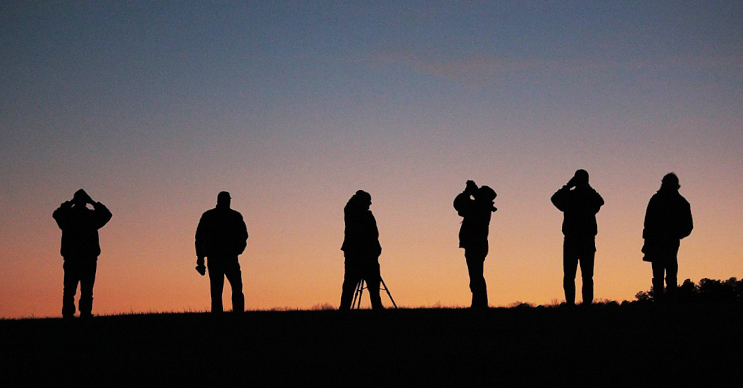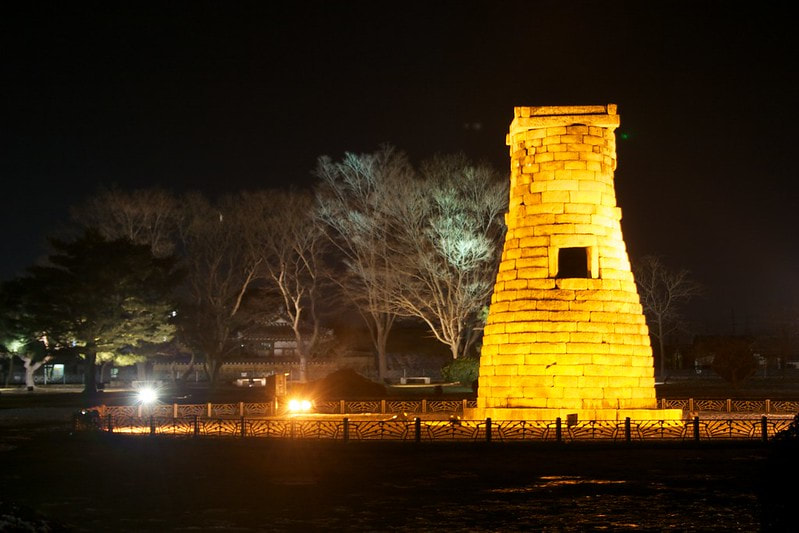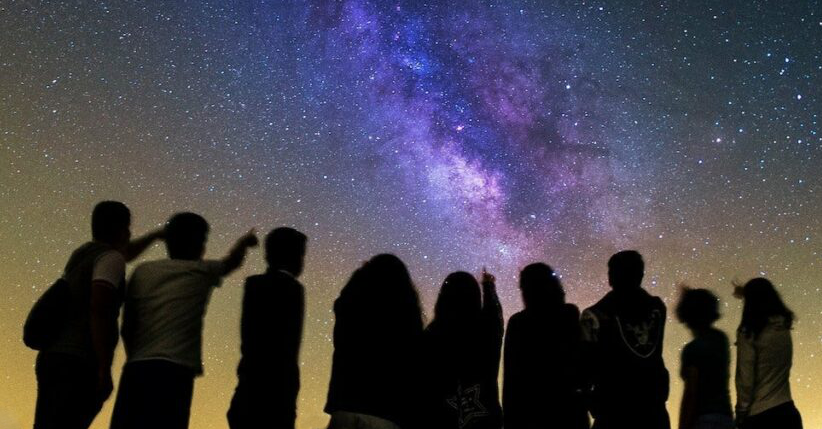Archives
June 2024
Categories
All
|
Back to Blog
Credit: Virginia State Parks 923 words / 4 minute read The natural night sky looms large over humanity's past, present and future. Once a province only of the gods, the night sky is now our portal to understanding the universe. Light pollution, a phenomenon of only the last two centuries, now threatens to separate much of humanity from the starry heavens. Should access to a night sky unspoiled by light pollution be reserved only to those who live, or can travel to, rural places? Or should we aspire to a world that affords such access to all? Under one skyThere are many reasons why people work toward preserving dark night skies. As our window on the cosmos, the night sky is the source of information that fuels astronomy. "Astrotourists" travel around the world unique experiences under the stars. Closer to home, casual stargazers find recreation opportunities under almost any skies. We know that actions taken to protect the night sky have myriad benefits on the ground, too. Light pollution has negative effects on most wildlife species. Darker places, on the other hand, offer refuge to plants and animals already stressed by habitat loss and climate change. Better outdoor lighting can also improve public safety while using less energy. Taken altogether, these are powerful reasons for reducing light pollution. But if we set all that aside, there's an equally strong argument that access to the night sky has a prominent place in what it means to be human. Dark night skies were once accessible to all people in the world, and they inspired great works of art, literature and music. The sky is part of the cultural heritage of all humanity. It's one of the few aspects of the natural world that we all share. As such, it may be true that all people should have equal access to the stars. If so, then light pollution is more than an environmental threat. It interferes with access to an important cultural resource. Cheomseongdae, an astronomical observatory in Gyeongju, South Korea. Built in around the 7th century CE, it may be the oldest surviving such structure in the world. Photo by Flickr user ecodallaluna. An international viewTo date there is little recognition in law for these ideas. Many of the assertions about humanity's rights come from the United Nations. A few UN-sponsored activities have either implied a right to access the night sky or called for it outright. For example, Article 1 of the the La Laguna Declaration of 1994 asserts that “persons belonging to future generations have the right to an uncontaminated and undamaged Earth, including pure skies.” The United Nations Educational, Scientific and Cultural Organization (UNESCO) held a conference on these ideas in 2007. The resulting "Declaration in Defense of the Night Sky and the Right to Starlight" considers "an unpolluted night sky" to be "an inalienable right of humankind". The Declaration elevates the right to starlight to a place alongside "all other environmental, social, and cultural rights". Another relevant UN statement is the 1972 UNESCO Convention for the Protection of the World Cultural and Natural Heritage. This action established the UNESCO World Heritage Programme. It has applied the label to astronomy sites, both ancient (e.g, the Chankillo Archaeoastronomical Complex, Peru) and modern (e.g., Jodrell Bank Observatory, UK). But so far it has resisted designating the night sky, or nighttime landscapes. The night sky is both cultural and natural heritage. It transcends national boundaries; there is, for instance, no "American sky" or "Chinese sky" belonging to those cultures alone. And it’s not a problem that the night sky, or space, is an “intangible” thing. UNESCO already recognizes such forms of cultural heritage. Under the existing framework, the night sky could receive the same kind of recognition and protection as any object the UN recognizes. The uses of outer space are now beginning to affect the quality of night skies on Earth. The space over our heads is increasingly crowded, with the planned launch of hundreds of thousands of new satellites in the 2020s. These satellite "megaconstellations" are gradually transforming the appearance of the night sky. And yet the main international treaty governing the use of space is silent on the subject. When the nations of the world signed the Outer Space Treaty in 1967, these concerns were on no one's radar. Photo by Warwick University Stars for all humankindThreats to human health from the pollution of air, water and soil can dictate measures to reduce those pollutants. There is an emerging consensus among researchers that nighttime darkness is key to our health and wellbeing. Reasons exist suggesting that regular access to nature is good for us. And there's even evidence of disparities in the way light at night affects poor neighborhoods and communities of color.
Does nature itself have some say in all this? Nations have begun to recognize certain "rights of nature" that can lead to rehabilitation of environmental harms. That's true even when no real person has suffered any obvious injury. Touted as a legal means to combat climate change, it's possible the same principles apply to night-sky conservation. In an era when so much divides us, whether neighbor versus neighbor of culture versus culture, the night sky is something we all share. Over time, we may come to realize that seeing the stars is not only something of value to people who can afford to escape the nighttime glow of the world's cities. Rather, it's an integral part of the human experience that should be available to all. Solving the global problem of light pollution is simple and cost effective. And it just might make all of our nights a little better. There are many ways to bring back the stars to the places where we live, work and play. Contact us today to find out how we can help.
0 Comments
Read More
Your comment will be posted after it is approved.
Leave a Reply. |
 RSS Feed
RSS Feed



